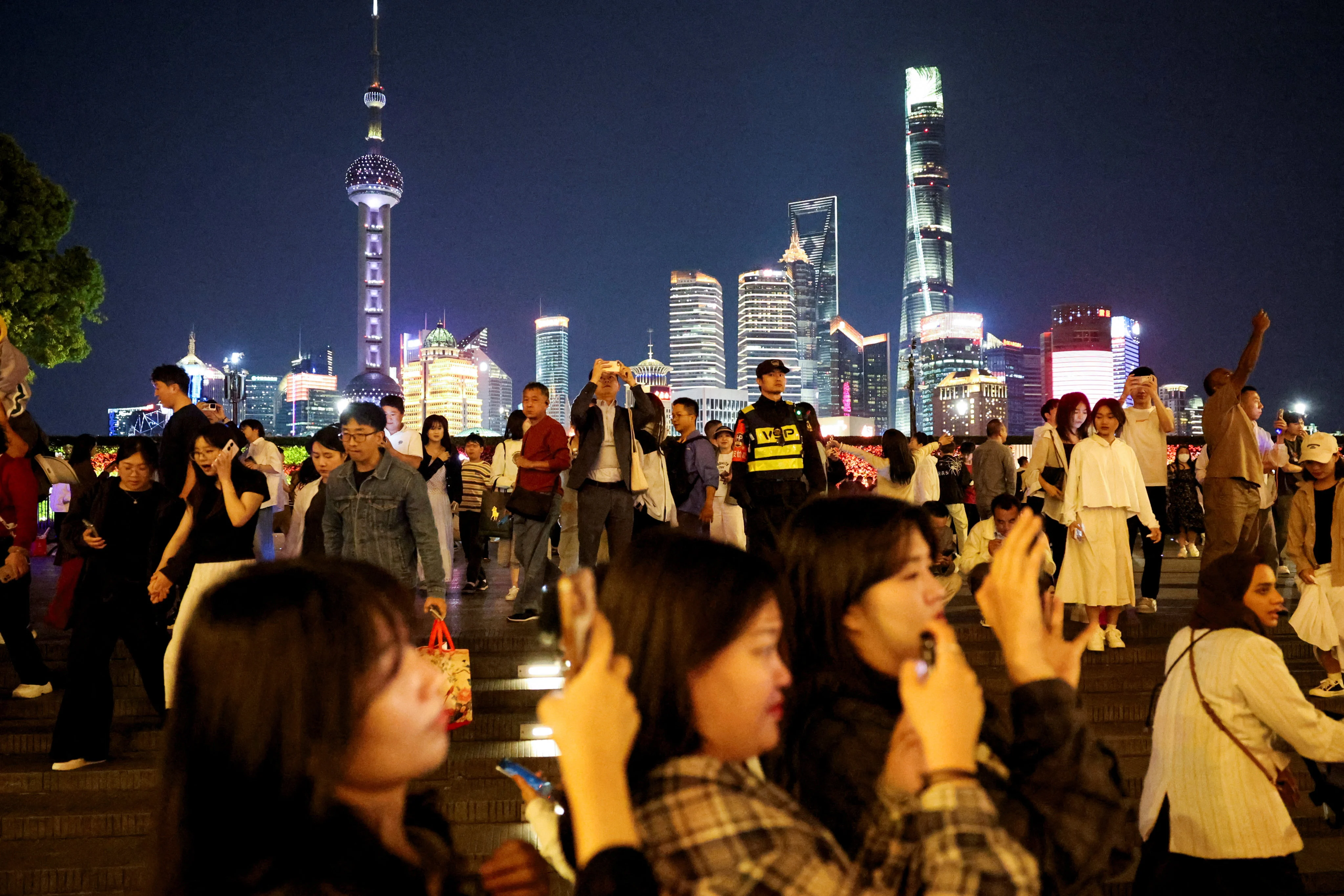By Xinyi Wu
Copyright scmp

China is likely to see a bumper surge in travel bookings for the coming “golden week” holiday – one of the country’s most important travel periods of the year – providing a much-needed boost to consumer spending.
Early data from Chinese travel operators shows strong demand for both domestic and international trips over the eight-day public holiday beginning on October 1, which combines the Mid-Autumn Festival and National Day.
The figures indicate that rail, flight and car rental bookings could rise compared with last year’s golden week as China’s consumers increasingly prioritise spending on services and cultural experiences.
China’s railways are expected to handle some 219 million passenger trips over the 12 days from September 29 to October 10, the railway authority announced on Monday, when tickets for the first day of the travel period went on sale.
The network handled 177 million passenger trips over 10 days during last year’s travel rush – including a record-high 21.4 million in a single day on October 1.
Searches for domestic flights were up 30 per cent year on year in early September, with ticket prices remaining on par with last year’s levels, online travel agency Tongcheng said.
Travel platform Fliggy also reported year-on-year increases in bookings for flights, trains and car rentals. Car rental bookings for multi-destination trips were up 93 per cent compared with the same period last year, the company said.
Fliggy is part of Alibaba Group Holding, which owns the South China Morning Post.
Major cities such as Beijing, Chengdu and Shanghai remain the most popular destinations for domestic tourists, but trips to mountain scenic spots and historic and national monuments are also seeing strong demand, according to Tongcheng.
The travel rush is expected to provide a timely boost to China’s economy, which has shown signs of strain in the third quarter after a strong first half.
Consumer spending has largely remained soft in recent months despite government efforts to boost domestic demand, with a prolonged property slump and a challenging job market continuing to weigh on households.
Retail sales growth slowed to 3.4 per cent in August, the lowest level since November 2024, according to official data released on Monday.
But service consumption remains a bright spot for the economy, as Chinese families increasingly splash out on dining, tourism and other activities rather than consumer goods.
“Service consumption is showing growth momentum, with travel, leisure and transport leading, pointing to a gradual shift in consumption structure towards services,” said Zhang Yuhan, principal economist at The Conference Board’s China Center.
Outbound travel demand is also on the rise, with international flight searches up more than 60 per cent compared with the same period last year, according to Tongcheng.
The growing number of countries offering Chinese tourists visa-free entry appears to be boosting demand for overseas trips. Seoul, for example, has become one of the most popular destinations for outbound flights this golden week following South Korea’s decision to allow visa waivers for Chinese tour groups for nine months starting from September 29.



